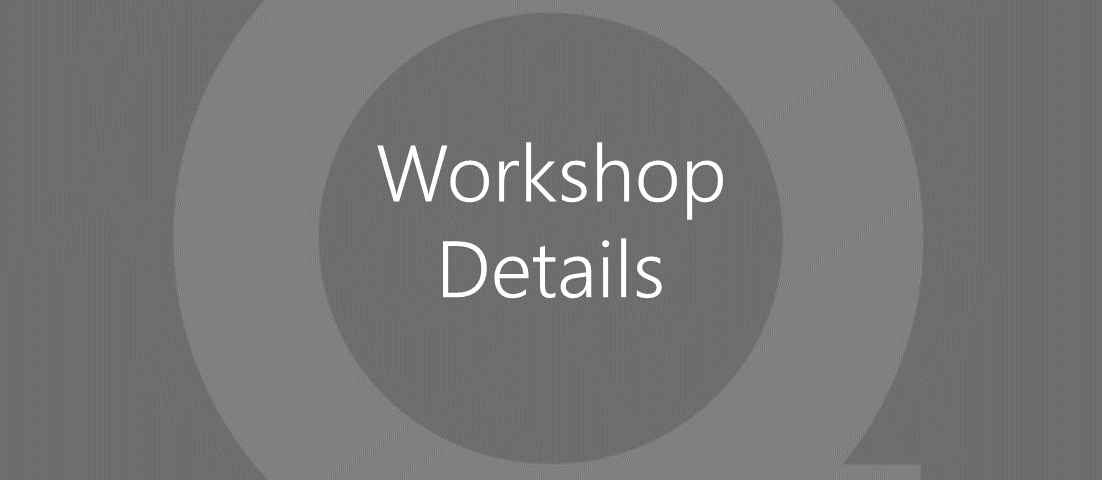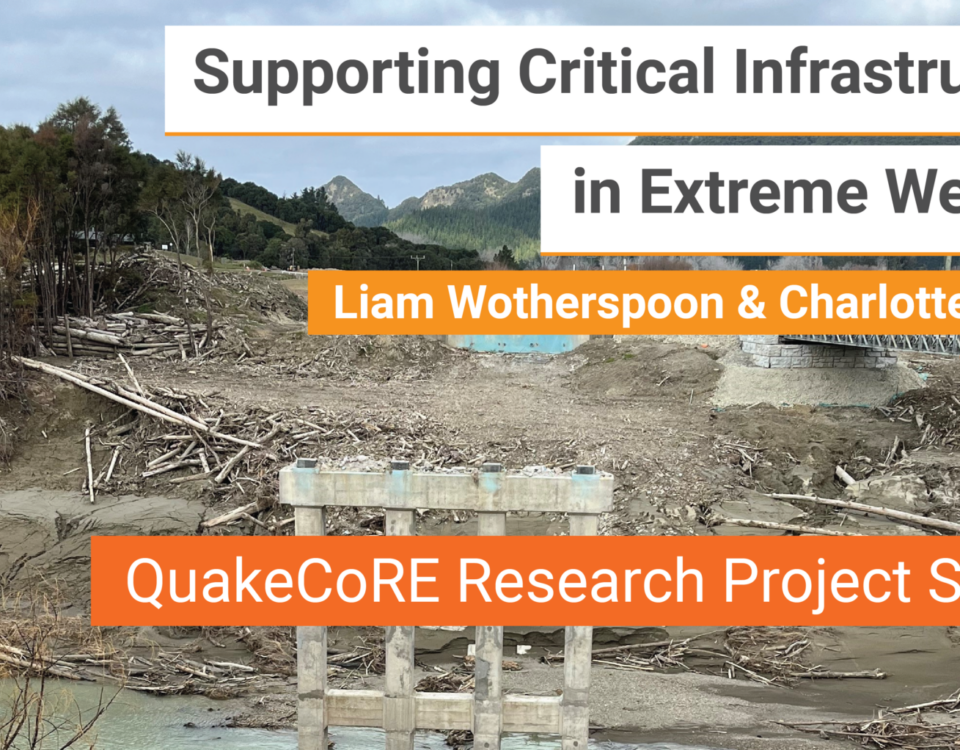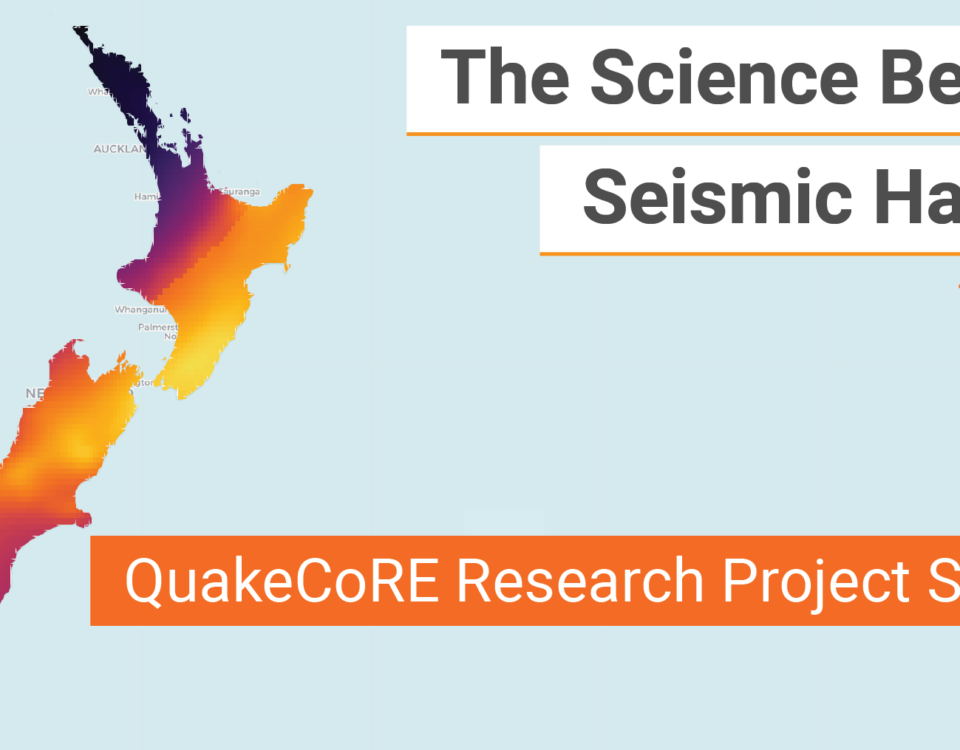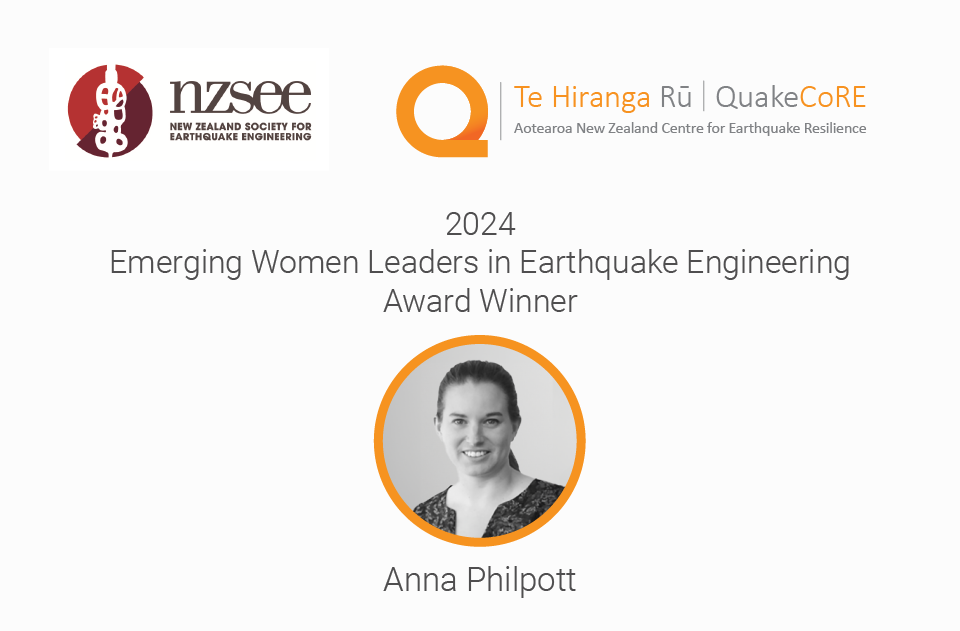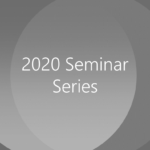
QuakeCoRE Seminar – 26 June 2020
May 25, 2020
QuakeCoRE Seminar – 10 July 2020
June 30, 2020Workshop details for the 2020 Annual Meeting
| Date | Workshop Leader(s) & Presenter(s) | Workshop detail |
| Monday 31 August | ||
| 9.00 am – 12.00 pm | To Be Announced | Vision Mātauranga – what’s next for QuakeCoRE?
This interactive discussion workshop is a follow-on from 2019. It will update you on what-’s happened since the last AGM, including the establishment of Te ApÄrangi o Te Hiranga Rū; discuss what-’s happening across the Mātauranga research landscape, as well as ensuring that participants have an opportunity to shape what happens next organisationally and culturally for QuakeCoRE. NOTE: If you are interested in joining this hui, please email [email protected] |
| 1.00 pm – 4.00 pm | Brendon Bradley / Matt Gerstenberger | NZ National Seismic Hazard Model: Progress-to-date
The scientific basis for the NZ National Seismic Hazard Model is being updated over a two-year period (2020-2021). This workshop will provide participants with an overview of the scope of the project and progress to date. Details will be provided closer to the time. |
| 1.00 pm – 4.00 pm | Margaret Kilvington / Wendy Saunders | The Messy World of Science to Practice – where do you fit in?
Seeing their science lead to improved policies and real changes in practice is a buzz for most researchers. For policy makers, sector groups and local planners, getting timely information in a form that is meaningful for the real decision context they face is also highly valued. Yet with all that good will and enthusiasm, getting science into practice is still a messy business that is often fraught with confusion about roles and responsibilities. This interactive workshop will look at the “messy world of science to practice-. Based on earlier work by Wendy and Margaret, participants will workshop the S2P system, update ideas about key players, and pathways that help science information move through a system. |
| Tuesday 1 September | ||
| 9.00 am – 12.00 pm |
Caroline Orchiston / Alice Lake-Hammond / Kate Boersen
|
Flagship 5 Risk Communication Workshop
This workshop explores risk communication as a transdisciplinary field, which relies on a non-linear, deliberative relationship between research and practice. The ultimate goal being to enable people to make informed decisions to manage risk and protect lives, livelihoods and well-being. We will look at examples of natural hazard risk communication activities from AF8 [Alpine Fault magnitude 8] and East Coast LAB (Life at the Boundary), and examine ways to evaluate the success of these efforts, by considering:
|
| 9.00 am – 12.00 pm |
Rick Henry
|
Learning from failures – Lab and Field Testing
Best-practice laboratory and field testing methods are primarily developed based on past-experience. Although a certain amount of engineering theory is required to develop test setups and procedures, there are a number of complex interactions and unknowns that can lead to unintended outcomes. In particular when testing specimen to failure, things do not always go as planned-¦ Academic reports and papers tend to focus on the final outcome and skip over mistakes and lessons learned during the testing process. The workshop will create an environment where people involved in lab and field testing can share their experiences, warts and all, with the mistakes of the past used to provide guidance on best practice methods for structural and geotechnical testing. The workshop will include a number of invited speakers as well as an opportunity for others to provide short presentations, and plenty of time for discussion. |
| 9.00 am – 12.00 pm |
To Be Announced
|
Weaving the Strands
Recent events have highlighted the significant and on-going need for organisations and agencies to ensure that they are working in partnership with Māori at all levels. This workshop and facilitated panel session will cover a broad range of topics relating to resilience including: customary law application, Iwi / Crown partnerships, embedding tikanga, and leadership. |
| 1.00 pm – 4.00 pm |
David Johnston / Julia Becker / Raj Prasanna
|
Citizen Science and Earthquake Early Warning
This workshop aims to build on previous research and initiate the collaborative discussion on the feasibility of a community Earthquake Early Warning (EEW) solution in Aotearoa New Zealand. The workshop will explore the role of citizen science and opportunities and challenges in engaging with communities on the science of Earthquake Early Warning. The workshop will benefit from the diversity of participants. All welcome: engineers, natural scientists, social scientists, science communicators and educators, community outreach coordinators, and others. |
| 1.00 pm – 4.00 pm | QuakeCoRE Emerging Researcher Chapters | Diversity in Research
This workshop will explore diversity in research, by drawing on experts in the field with a diverse range of identities, backgrounds, etc. Participants will discuss how to engage with a diverse range of people and how to be inclusive in research practices.
|


